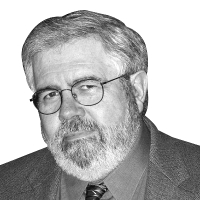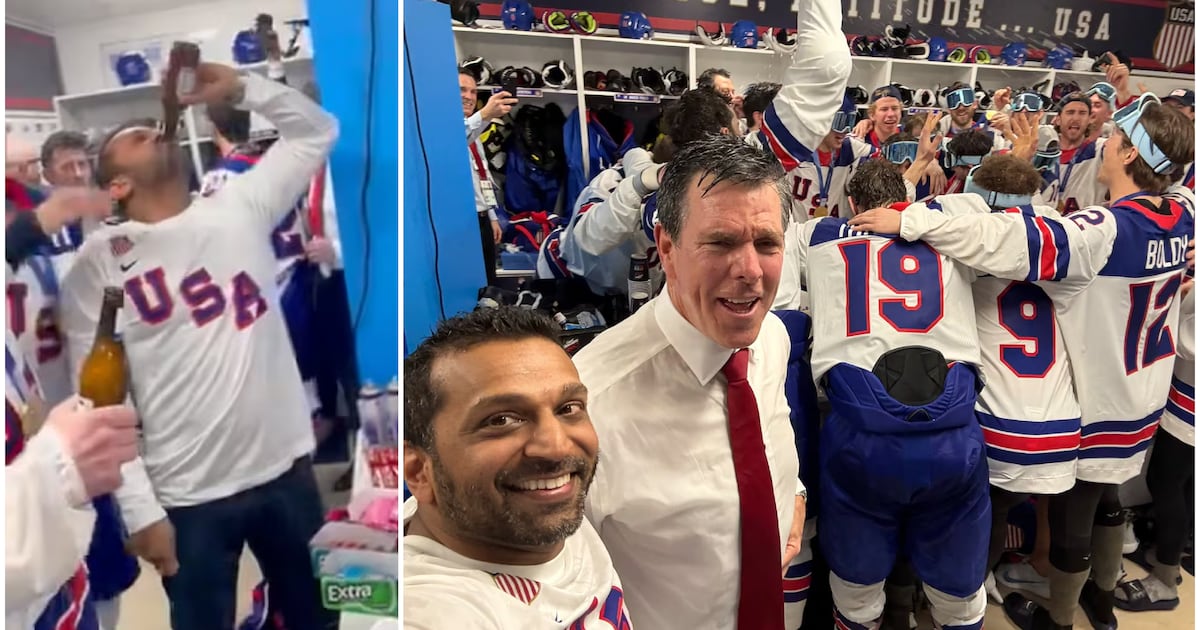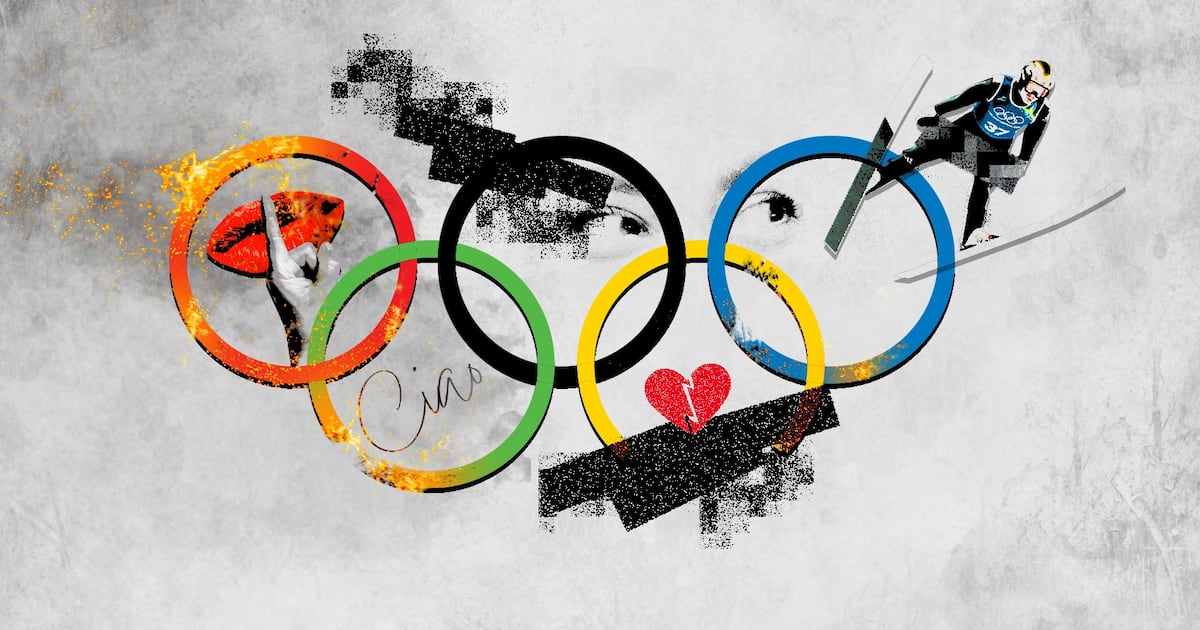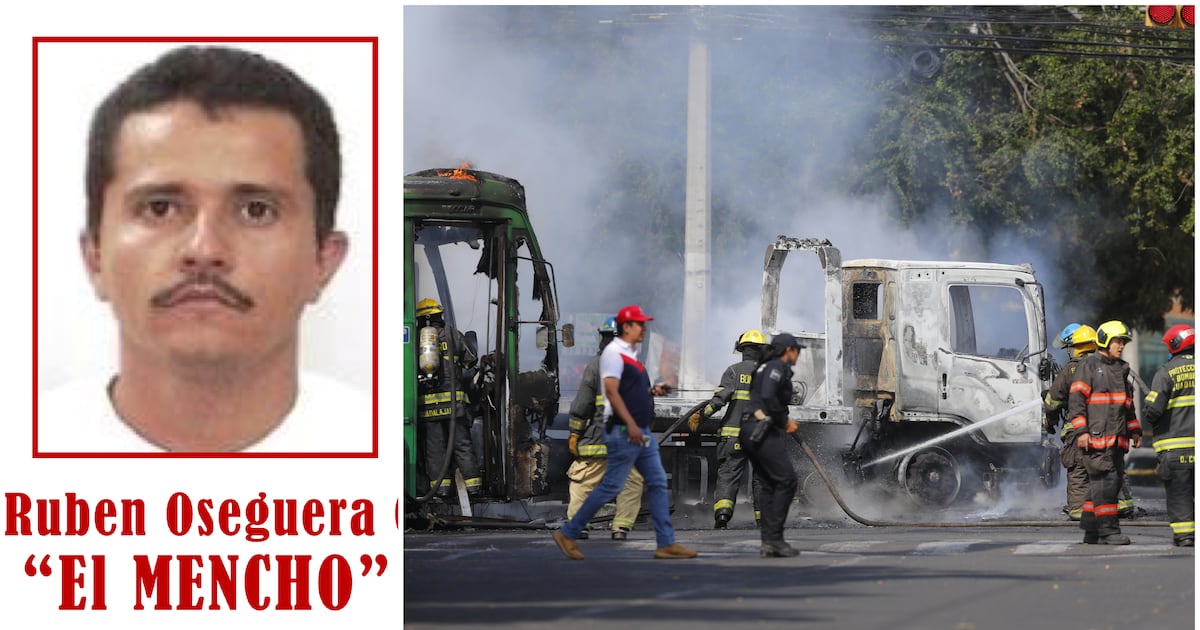Recklessly firing FBI Director Jim Comey eliminated any remaining doubt: Donald Trump and his administration cannot be trusted to have any role in investigating his and his entourage’s relationship with Russia and Russians. Yet he is about to seize control of that probe, while the Republican-controlled Congress acts less like a coequal branch of government and more like a White House subsidiary.
Compounding this, the White House’s efforts Monday to deceive the American public about the president giving Russia super-secret intelligence only add to the reasons to distrust his competence, integrity and, indeed, suspect his loyalty.
The day after firing Comey, the Washington Post reported Monday, President Trump gave Russian Foreign Minister Sergey Lavrov and Ambassador to Washington Sergey Kislyak information we received from Israel — who may not care to share such information again—so secret we had not shared it with our closest allies. That put in danger not just American lives, but those of the brave agents of the Israeli government who obtained that information and shared it with us.
You can be sure that many foreign governments will share less with American intelligence agencies, thanks to Trump’s betrayal.
And you can be equally sure that the ruthless leaders of ISIS have been rounding up those with knowledge of these secrets for summary execution if their fealty is in doubt. That means less information will flow about terrorist plots, making it less likely they will be detected and thwarted.
How could any president give such sensitive intelligence to Russia, a foreign power hostile not just to the United States but to the very concept of democracy?
Last September Trump denounced his opponent on this very issue of holding secrets close, telling a rally, “We can’t have someone in the Oval Office who doesn’t understand the meaning of the word ‘confidential’ and “classified.’”
Yet that is precisely what Donald Trump did last week. And he did so after allowing a Russian government photographer in the Oval Office with a bag full of who knows what kind of electronics gear, while no American journalists were allowed in.
The White House readout on the meeting made no mention of Kislyak, a central figure in the FBI counterintelligence investigation of Trump and his entourage. We know Kislyak attended only because the Russian government released photos of Trump, Lavrov and Kislyak grinning at each other.
As with most things Trump, the FBI investigation and the sharing of highly classified material with Moscow involves something akin to Churchill’s description of Russia as “a riddle wrapped in a mystery inside an enigma.”
Weaving the many threads of fact, including White House lies, into a tapestry reveals a vivid portrait.
A key thread traces back to Trump’s choosing Michael Flynn as his national security adviser. President Obama had previously fired Flynn, evidently for being mentally unstable, and privately warned Trump against hiring him.
Flynn’s conduct was egregious. He lied, covered up his conduct, violated military law, ignored the advice of others and—after those bad acts were exposed and he was forced to step down — has asked for immunity from prosecution. If Trump didn’t know this, well, that is frightening about his naiveté. If he did, which seems much more likely, it is terrifying about the president’s judgment.
Trump fired Flynn only after news reports revealed his lies and cover-ups, including his multiple conversations with Kislyak. Since, Flynn has registered retroactively as a foreign agent.
Take a moment to let that sink in: Donald Trump’s national security adviser was a paid agent of a foreign government. And while that government was Turkey, the money came from a Russian oligarch, who like all the Russian oligarchs keeps his fortune and his life only so long as Vladimir Putin does not want him robbed or whacked. Putin’s Russia Today propaganda television operation also paid Flynn handsomely.
Now imagine how Congressional Republicans would have reacted had Hillary Clinton won and her national security adviser held so much as held a single unauthorized conversation with Ambassador Kislyak.
Another thread was Trump’s effort to influence James Comey, the FBI director overseeing the only known counterintelligence investigation of a sitting president. Exactly one week after taking office. Trump ordered Comey, on short notice, to the White House for a private dinner.
That dinner came right after Sally Yates, the acting attorney general, issued the first of two loud-and-clear, but private, warnings to the White House that Flynn lied and thus was compromised by Russia.
Flynn had lied to Vice President Mike Pence and presumably others, as Yates knew from counterintelligence intercepts of phone conversations with Ambassador Kislyak. Others in the Trump entourage also had had conversations with Kislyak.
Kislyak is not some Soviet apparatchik holdover. He is a trained diplomat, which is to say, a master at intelligence gathering for the kleptocracy run by Vladimir Putin, whom Trump admires as a “great leader.”
Trump later said that over dinner Comey begged for his job, a preposterous lie given Comey’s record. Trump also says Comey told him, three times no less, that he was not under investigation. There’s no reason to believe that, and Trump’s offered no proof at all, just his word for what that’s worth.
Comey’s friends and colleagues told reporters on background what James Clapper, former director of national intelligence and a retired three-star general, had aid publicly over the weekend: Comey thought it inappropriate to go to dinner with Trump, but advisers said he had little choice but to succumb to the summons from the president.
These friends say Trump twice demanded that Comey pledge his loyalty, which should horrify anyone with an eighth-grade-civics understanding of our Constitution.
At campaign rallies, Trump leads supporters in pledges of loyalty to him, an indication of Trump’s dictatorial instincts. Trump, in his 2008 book Think Big and in a profane 2005 lecture, detailed his insistence on absolute loyalty from subordinates and the pleasure he gets from destroying the lives of those who don’t demonstrate abject fealty.
Comey loyalists say the director pledged his honesty, which fits with Comey’s record, unlike the Trumpian version. Last week Trump Tweeted that Comey had better hope he doesn’t have tape recordings, raising more questions about Trump not just as bully, but perhaps as obstructor of justice trying to intimidate a witness and for sure seeking to muddy the waters about his and his entourage’s ties to Russians.
Comey, meanwhile, moved from weekly to daily briefings on the investigation into Trump camp connections to Moscow and its friends. He also asked for more prosecutors to work the case.
Comey’s request went to Rod Rosenstein, the deputy attorney general, because Attorney General Jeff Sessions said he had recused himself from any role in the inquiry because of his own work for the Trump campaign and his conversations with Kislyak.
When Trump fired Comey last week, his White House issued both the dismissal letter and a Justice Department memo that placed the idea of firing Comey on Rosenstein.
That preposterous explanation drew derisive retorts, not the least because the White House seemed not to realize that it had outed its lie that Sessions had recused himself from all matters involving Trump and Russia by participating in the firing. Sessions is now deeply involved because he is interviewing potential new FBI directors.
Comey is eager to testify about the dinner, his surrogates told reporters, but only at a public hearing.
Just as troubling, Trump’s former campaign manager, Paul Manafort—who has not registered as a foreign agent—was paid tens of millions of dollars to promote Russia and pro-Russian Ukraine before the Kiev government was overthrown.
Trump, keep in mind, has pocketed hundreds of millions of dollars from real estate deals with Russians. Yet he insists any mention of him and Russia is fake news.
Next, Trump confessed to Lester Holt of NBC News that he intended to fire Comey all along and the Justice Department memo served as mere cover. That means that Sean Spicer and Laura Huckabee Sanders lie to the public as easily as Trump does. And it means Rosenstein, who was U.S. Attorney in Baltimore, got played by Trump in his initial appearance on the national political stage.
Trump and the Justice Department memo said they needed to restore confidence in the FBI, asserting Comey was disliked by agents. Numerous FBI agents, current and past, have stepped forward to say that is nonsense.
Then came The Washington Post’s report Monday that Trump had given extremely tightly held secrets to the Russian government.
H.R. McMaster, the retired general who succeeded Flynn as national security adviser, stood outside the White House Monday and read a statement denying what was not reported and remaining silent on the damning news that had been reported. Tuesday, he said his issue wasn’t the facts of the report, but its context but refused to talk about that context because it involved highly classified materials. And, the kicker, that Trump himself didn’t know the material was so secret when he spilled about it—fulfilling Israeli intelligence officials’ fears as early as January.
Sometimes presidents and their advisers must lie. That is a reality in our world. But Trump and his seconds—including Spicer, Sanders and now McMaster— all told gratuitous lies that can serve only one purpose: to cover up the indefensible conduct of the president in obstructing the FBI counterintelligence investigation and his reckless disclosure of super-secret information to the hostile government in Moscow.
How much clearer can the picture be of what is really going on here, that America has a president who is contemptuous of the Constitution, compromised by the Russians and willing to try any lie to hang onto power?
The next encyclopedia should include a photo of Trump. It should go next to the entry on “clear and present danger.”






